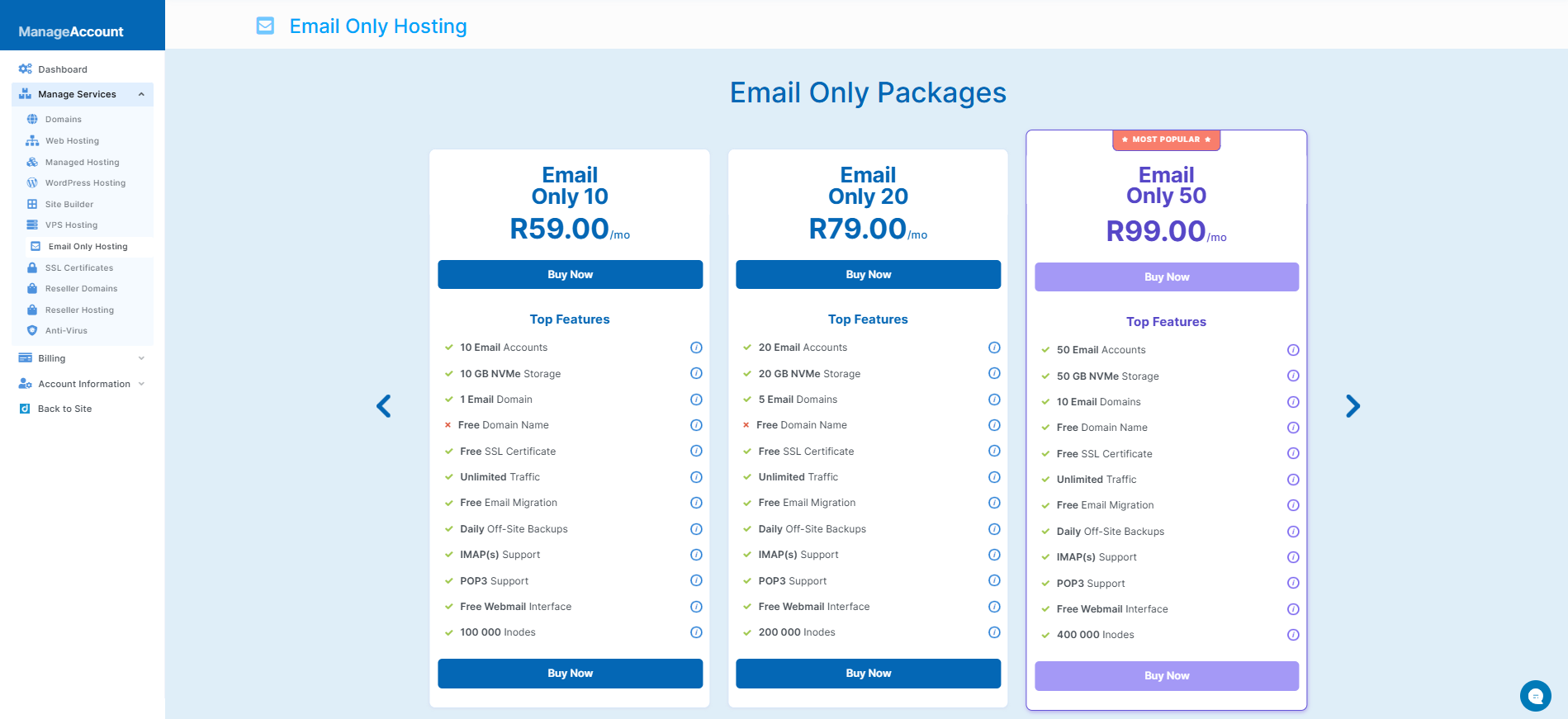Email Hosting Domain Security: Protecting Your Online Communication
When it comes to running a successful business, ensuring email hosting domain security is crucial. With cyber threats on the rise, protecting your online communication has never been more important. In this article, we will explore the various steps you can take to safeguard your email hosting domain and keep your sensitive information secure.
1. Choose a Reliable Email Hosting Provider
The first step in securing your email hosting domain is selecting a reputable provider. Look for a company that offers strong encryption, spam filtering, and other security features to protect your emails from unauthorized access. Do your research and read reviews to ensure you choose a provider that prioritizes security.
2. Enable Two-Factor Authentication
Two-factor authentication adds an extra layer of security to your email account by requiring a second form of verification, such as a code sent to your phone. This can help prevent unauthorized access to your emails, even if your password is compromised. Make sure to enable this feature on your email hosting domain for added protection.
3. Keep Your Software Up to Date
Outdated software can leave your email hosting domain vulnerable to cyber attacks. Make sure to regularly update your email client, server, and any other software associated with your email account to patch security holes and stay protected against the latest threats. Set up automatic updates whenever possible to ensure you are always running the latest version.
4. Implement Email Encryption
Email encryption adds another layer of security by encoding your emails so that only the intended recipient can read them. Look for email hosting providers that offer end-to-end encryption or consider using a third-party encryption service to protect your sensitive information from prying eyes.
5. Train Your Employees on Email Security Best Practices
Human error is often the weakest link in email security. Educate your employees on how to spot phishing emails, use secure passwords, and avoid clicking on suspicious links or attachments. Regular training sessions can help your team stay vigilant and protect your email hosting domain from potential threats.
6. Monitor Your Email Hosting Domain for Suspicious Activity
Be proactive in monitoring your email hosting domain for any signs of unusual activity. Set up alerts for login attempts from unfamiliar locations, large volumes of outgoing emails, or other suspicious behavior. By staying vigilant, you can quickly identify and address any potential security breaches before they escalate.
7. Backup Your Emails Regularly
Regularly backing up your emails ensures that you can recover your data in the event of a security breach or data loss. Consider using a secure cloud storage solution or an external hard drive to backup your emails regularly. Having a backup copy of your emails can provide peace of mind and mitigate the impact of any unforeseen issues.
Conclusion
Securing your email hosting domain is essential for protecting your online communication and sensitive information. By following these tips and best practices, you can enhance the security of your email account and reduce the risk of falling victim to cyber threats. Stay vigilant, stay informed, and prioritize email security to safeguard your business and personal data.
